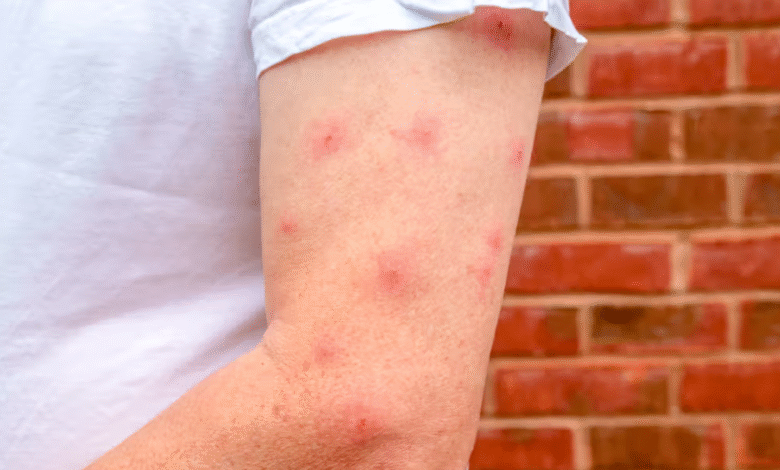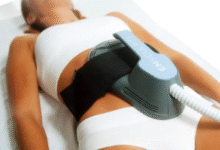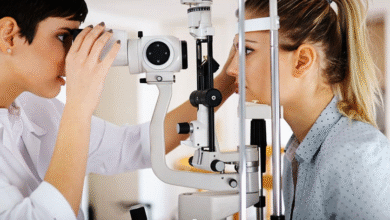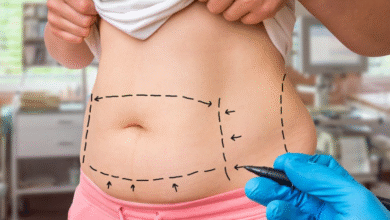How to Relieve Itching and Inflammation from Bed Bug Bites

Bed bugs are small, elusive insects that feed on human blood, usually at night. While they do not transmit diseases, their bites can cause significant discomfort, including intense itching and skin inflammation. If you’ve recently discovered red, itchy bumps on your skin and suspect bed bugs, it’s crucial to act fast to reduce irritation and prevent further infestations. This article provides effective ways to relieve itching and inflammation from bed bug bites and offers insights into identifying bed bug symptoms.
Understanding Bed Bug Bites
Bed bug bites typically appear as small, red bumps that may be clustered or lined up in a zigzag pattern. Unlike mosquito bites, bed bug bites often take longer to show symptoms—sometimes up to 14 days after being bitten. The bites can become inflamed, itchy, and even blistered, depending on your skin sensitivity and allergic reactions.
It’s important to recognize bed bug symptoms early to avoid prolonged discomfort and stop the spread of these pests.
Common Bed Bug Symptoms
Before we get into treatments, it’s vital to understand the bed bug symptoms ( væggelus symptomer ) that signal an infestation and differentiate them from other insect bites:
- Red, itchy welts: Often in a line or cluster, usually appearing on exposed skin such as arms, legs, neck, and face.
- Swelling and inflammation: Especially if you scratch the bites frequently.
- Bite marks that appear overnight: Most people are bitten while sleeping.
- Blood spots on sheets or pillowcases: From crushed bed bugs after feeding.
- Tiny dark spots or bug shells: Signs of excrement or shedding skin on your mattress or bed frame.
Recognizing these bed bug symptoms can help you identify the problem early and take necessary steps to control the infestation.
See also: Electric Car Evolution: Driving Toward A Greener Future
Immediate Relief: First Aid for Bed Bug Bites
Once you realize you’ve been bitten, taking immediate action can significantly reduce itching and inflammation.
1. Wash the Area with Soap and Water
Clean the affected area gently with mild soap and warm water. This helps to remove any allergens or irritants from the skin and reduce the risk of infection, especially if the skin is broken from scratching.
2. Apply a Cold Compress
Cold compresses help numb the area, reduce inflammation, and relieve itching. Wrap some ice in a clean cloth and apply it to the bites for 10–15 minutes at a time.
3. Use Anti-Itch Creams or Lotions
Over-the-counter remedies such as hydrocortisone cream, calamine lotion, or antihistamine creams can effectively reduce itching and swelling. Apply according to the product instructions and avoid using too frequently, especially on sensitive skin.
Natural Remedies to Soothe Bed Bug Bites
If you prefer natural or home-based remedies, several options can provide relief:
1. Aloe Vera
Aloe vera has soothing, anti-inflammatory, and antibacterial properties. Apply fresh aloe vera gel directly on the bite to calm the skin and speed up healing.
2. Baking Soda Paste
Mix baking soda with a little water to create a thick paste. Apply this to the affected area and leave it for about 15 minutes before rinsing off. This method can neutralize pH levels on the skin and reduce itchiness.
3. Oatmeal Baths
Colloidal oatmeal baths are commonly used for treating irritated skin. Add a cup of finely ground oatmeal to a lukewarm bath and soak for 20 minutes. This can ease itching and calm inflammation.
4. Tea Tree Oil or Witch Hazel
Both tea tree oil and witch hazel have anti-inflammatory and antiseptic properties. Apply sparingly using a cotton swab. Be sure to test a small patch first to check for any allergic reactions.
Oral Medications for Severe Reactions
If the itching becomes unbearable or you have a more serious allergic reaction, oral antihistamines like diphenhydramine (Benadryl) or cetirizine (Zyrtec) can help. In rare cases of extreme inflammation, a doctor may prescribe corticosteroids.
Seek medical attention if you experience:
- Blistering or oozing bites
- Signs of infection (increased redness, warmth, pus)
- Difficulty breathing or facial swelling (signs of a serious allergic reaction)
Preventing Further Bites
Relieving the symptoms is just one part of the solution. To prevent future bites, you must address the root cause: the infestation.
1. Inspect Your Living Space
Look for tell-tale bed bug symptoms ( væggelus symptomer ) around your mattress, bed frame, behind baseboards, and under furniture. Use a flashlight and magnifying glass if necessary.
2. Wash and Heat-Dry Bedding
Wash all bedding, pillowcases, and clothes in hot water and dry them on the highest heat setting. Bed bugs and their eggs cannot survive high temperatures.
3. Vacuum Regularly
Vacuum carpets, mattresses, and furniture thoroughly. Dispose of the vacuum bag or clean the vacuum container immediately after use.
4. Use Bed Bug-Proof Covers
Encase your mattress and box spring in a tightly woven, zippered cover designed to trap bed bugs. This will prevent them from hiding or escaping.
5. Call a Professional Exterminator
If you find persistent signs of infestation, such as live bugs or frequent bites, it’s best to hire a pest control professional. They have access to stronger treatments and can effectively eliminate bed bugs from your home.
How Long Do Bed Bug Bites Last?
In most cases, bed bug bites heal on their own within one to two weeks. However, the itching can persist if you continue to scratch or if your body reacts strongly to the bites. Treating the symptoms early and avoiding scratching will speed up recovery.
Those with sensitive skin or allergies may experience prolonged redness and swelling. Keep the skin moisturized and avoid irritants like harsh soaps and hot showers.
When to See a Doctor
Although bed bug bites are usually harmless, there are instances when medical help is necessary. You should contact a healthcare provider if:
- Bites show signs of infection
- You’re experiencing an allergic reaction
- Home remedies and OTC treatments don’t work
- You’re not sure if the symptoms are caused by bed bugs
A doctor can provide prescription-strength treatments and guide you on managing bed bug symptoms more effectively.
Conclusion
Dealing with bed bug bites can be frustrating, especially when itching and inflammation interfere with sleep and comfort. Recognizing bed bug symptoms early and using the right treatments—both natural and pharmaceutical—can help you find relief quickly. Just as important as treating the bites is eliminating the source of the problem. By taking a proactive approach, you can not only soothe your skin but also ensure a pest-free environment in your home.





